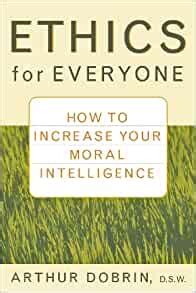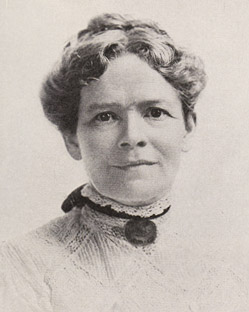A Quote by Nancy Etcoff
Beauty ensnares hearts, captures minds, and stirs up emotional wildfires. From Plato to pinups, images of human beauty have catered to a limitless desire to see and imagine an ideal human form.
Related Quotes
Finding beauty in a broken world is acknowledging that beauty leads us to our deepest and highest selves. It inspires us. We have an innate desire for grace. It's not that all our definitions of beauty are the same, but when you see a particular heron in the bend in the river, day after day, something in your soul stirs. We remember what it means to be human.
In the beautiful, man sets himself up as the standard of perfection; in select cases he worships himself in it. Man believes that the world itself is filled with beauty -he forgets that it is he who has created it. He alone has bestowed beauty upon the world -alas! only a very human, an all too human, beauty.
Modern man, seeking a middle position in the evaluation of sense impression and thought, can, following Plato , interpret the process of understanding nature as a correspondence, that is, a coming into congruence of pre-existing images of the human psyche with external objects and their behaviour. Modern man, of course, unlike Plato , looks on the pre-existent original images also as not invariable, but as relative to the development of a conscious point of view, so that the word "dialectic" which Plato is fond of using may be applied to the process of development of human knowledge.
God who is goodness and truth is also beauty. It is this innate human and divine longing, found in the company of goodness and truth, that is able to recognize and leap up at beauty and rejoice and know that all is beautiful, that there is not one speck of beauty under the sun that does not mirror back the beauty of God.
Why is wisdom so fair? Why is beauty so wise? Because all else is temporary, while beauty and wisdom are the only real and constant aspects of truth that can be perceived by human means. And I don't mean the kind of surface beauty that fades with age, or the sort of shallow wisdom that gets lost in platitudes. True beauty grips your gut and squeezes your lungs, and makes you see with utmost clarity exactly what is before you. True wisdom then steps in, to interpret, illuminate, and form a life-altering insight.
Was it Aristotle who said the human soul is composed of reason, will, and desire?” “No, that was Plato. Aristotle and Plato were as different as Mel Tormé and Bing Crosby. In any case, things were a lot simpler in the old days,” Komatsu said. “Wouldn’t it be fun to imagine reason, will, and desire engaged in a fierce debate around a table?
Peace does not rest in the charters and covenants alone. It lies in the hearts and minds of all people. So let us not rest all our hopes on parchment and on paper, let us strive to build peace, a desire for peace, a willingness to work for peace in the hearts and minds of all of our people. I believe that we can. I believe the problems of human destiny are not beyond the reach of human beings.
Beauty captivates the flesh in order to obtain permission to pass right through to the soul. . . . When the feeling for beauty happens to be associated with the sight of some human being, the transference of love is made possible, at any rate in an illusory manner. But it is all the beauty of the world, it is universal beauty, for which we yearn.
In this same tradition, beauty is inextricably bound up with the principles of order and harmony believed to underlie the cosmos. Artists in the Classical tradition, inspired by Platonic idealism, strove to create images that represented not the world of particulars-with all its defects-but an ideal image conceived in the mind, which was taken as representing some absolute, pure, ideal form of which all particular, material forms are but a mere shadow.






































